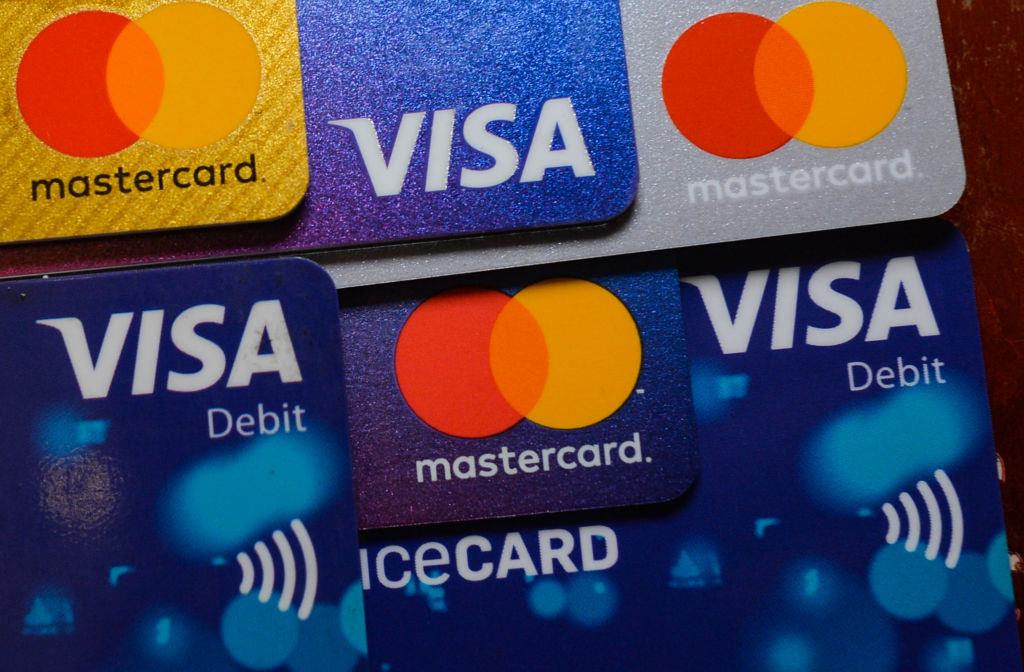
OnlyFans, the subscriber-based social media platform, sparked outrage last week when it announced it would ban “sexually explicit” content on Oct. 1. The platform, where sex workers, influencers, and celebrities charge subscribers for access to photos and videos, attributed the decision to pressure from banks and payment processors.
Yet, within a matter of days the company backtracked. The planned October policy change had been “suspended,” tweeted the company, following “assurances” from banks that adult content would not be penalized.
Sex sells
Founded in 2016, OnlyFans has attracted 130 million registered users and over 2 million creators. OnlyFans’ popularity took off during the pandemic, as the site’s user base rose from less than 20 million and transactions increased seven-fold to $2.36 billion.
The platform lets content creators sell photos, videos, and messages directly to users—anything from personalized songs to fitness workouts. High profile names, such as Bella Thorne and Cardi B, have recognized the site’s potential to market and sell exclusive content to fans.
While the service was not originally designed for adult content, the user-friendly interface and subscriber model has made it an attractive destination for sex workers. Creators keep 80% of their revenue, while OnlyFans takes a 20% cut.
The company has recently tried to distance itself from its porn-friendly reputation. On Aug. 17, it announced the launch of OFTV, a streaming platform and app which excludes sexually explicit content. OFTV can be distributed across operating systems which do not permit porn, such as iOS and Android.
Nonetheless, OnlyFans’ announcement on Aug. 19 that it would ban sexually explicit content on its main platform came as a shock to sex workers who depend on the service for income. Despite the company’s U-turn 6 days later, some creators vowed never to return.
“The short answer is banks”
So why did OnlyFans (briefly) decide to ban the kind of content which had come to characterize its platform? “The short answer is banks,” said Tim Stokely, the site’s British founder and chief executive.
Banks, he claimed, are refusing to process payments associated with adult content. In an interview with the FT, Stokely singled out BNY Mellon, Metro Bank, and JPMorgan Chase for blocking intermediary payments, preventing sex workers from receiving their earnings, and penalizing businesses which support sex workers. He declined to reveal OnlyFans’ current banking partners.
This follows similar behavior by payment service providers which have begun to dissociate from the porn industry. After a New York Times investigation found images of rape and child sex abuse on Pornhub, Mastercard and Visa prohibited the use of their cards on the site in Dec. 2020.
In response, Pornhub removed all content produced by unverified partners and implemented a verification program for users. In April this year, Mastercard announced tighter control on transactions of adult content to clamp down on illegal material. The requirements included that platforms verify ages and identities of their users.

Mastercard’s new controls will become effective Oct. 15—and many saw OnlyFans’ actions, which would come into effect on Oct. 1, as a preemptive measure. “In order to ensure the long-term sustainability of our platform, and continue to host an inclusive community of creators and fans, we must evolve our content guidelines [from Oct. 1],” OnlyFans said.
This followed OnlyFans’ decision to publish its first ever “transparency report“ in July 2021. It showed the company received 783 requests for information from law enforcement agencies between June 2020 and July 2021.
Despite OnlyFans’ attempts to avoid a similar fate to PornHub, the company is reportedly struggling to raise money from outside investors at a valuation of more than $1 billion. According to internal documents seen by Axios, venture capitalists are wary of investing in a company so heavily associated with the porn industry.
The big U-turn
After provoking confusion and frustration among its adult content creator community, OnlyFans announced on Aug. 25 it was suspending the ban on sexually explicit content.
The company tweeted that it had “secured assurances necessary to support our diverse creator community.” The decision came a day after the CEO attributed the porn ban to banks which would “cite reputation risk and refuse our business.” OnlyFans executives told the FT that Stokely’s comments had sparked open discussion between banks and the company.
While OnlyFans creators may continue to sell sexually explicit content to users on the platform, the company’s actions have infuriated many sex workers who said they lost subscribers after the announcement. Despite OnlyFans assurances, many sex workers felt the company had betrayed its core creator base and vowed not to return to the platform.
If anything, the events of the past week have emphasized the influence of banks and payment service providers over social media and content creation services online. While Pornhub now depends on bank transfers and cryptocurrency, OnlyFans will continue to process credit card payments for sexually explicit content—at least for now.
More Must-Reads from TIME
- Cybersecurity Experts Are Sounding the Alarm on DOGE
- Meet the 2025 Women of the Year
- The Harsh Truth About Disability Inclusion
- Why Do More Young Adults Have Cancer?
- Colman Domingo Leads With Radical Love
- How to Get Better at Doing Things Alone
- Michelle Zauner Stares Down the Darkness
Contact us at letters@time.com